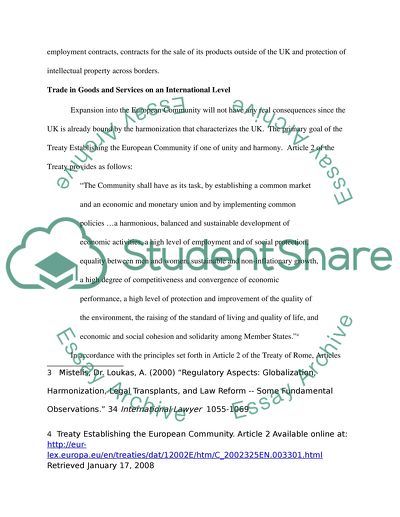Cite this document
(“Media Law Essay Example | Topics and Well Written Essays - 2500 words”, n.d.)
Media Law Essay Example | Topics and Well Written Essays - 2500 words. Retrieved from https://studentshare.org/miscellaneous/1544110-media-law
Media Law Essay Example | Topics and Well Written Essays - 2500 words. Retrieved from https://studentshare.org/miscellaneous/1544110-media-law
(Media Law Essay Example | Topics and Well Written Essays - 2500 Words)
Media Law Essay Example | Topics and Well Written Essays - 2500 Words. https://studentshare.org/miscellaneous/1544110-media-law.
Media Law Essay Example | Topics and Well Written Essays - 2500 Words. https://studentshare.org/miscellaneous/1544110-media-law.
“Media Law Essay Example | Topics and Well Written Essays - 2500 Words”, n.d. https://studentshare.org/miscellaneous/1544110-media-law.


